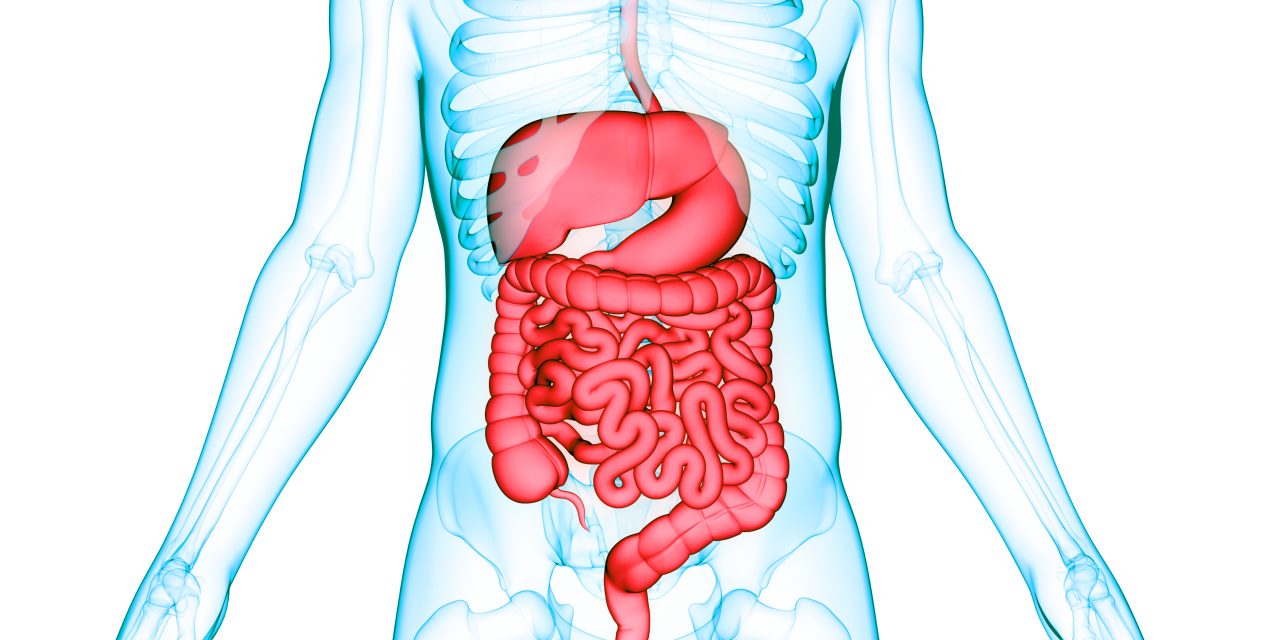Population-based studies on the clinical course and prognosis of autoimmune hepatitis (AIH) from Caribbean countries are limited.
The aim of this study was to provide information regarding the clinical and laboratory findings, histological profile, treatments, and outcomes of patients with AIH with long-term follow-up in a tertiary referral center.
A retrospective study was performed at the National Institute of Gastroenterology in Havana, Cuba, by enrolling 82 patients with a well-documented, long-term clinical course of AIH. Clinical and laboratory findings, histological profiles, treatments, and outcomes were analyzed.
At diagnosis, 73 (89%) patients had AIH type 1, 84.1% were women, and their median age was 46.5 years (range, 17-79 years). The median follow-up period was 84 months (interquartile range, 12-276 months). Clinical onset was mild or subclinical in 72% of patients and asymptomatic in 12.2%. At diagnosis, the Hennes’s median score was 6 (range, 3-8). Complications were seen in 44 (53.6%) patients, 42 (51.2%) with liver-related complications and 9 (10.9%) without liver-related complications. Cirrhosis was present at diagnosis in 32 (39%) patients. Cirrhosis was subsequently diagnosed in the other 28 patients who were not cirrhotic at diagnosis, over a median follow-up of 12 (IQR, 2-84) months. During follow-up, 6 patients died (7.3%). Cumulative survival at 5 and 10 years was 98.4% and 89%, respectively. A complete biochemical response was achieved in 79% of patients in a mean (SD) of 11.7 (11.6) months. Side effects due to treatment were reported in 76 (92.7%) patients, and no pretreatment factors were found to predict treatment response.
These Cuban patients with AIH had acceptable disease remission rate and a prompt treatment response. Although most patients had advanced-stage liver disease at diagnosis or developed during follow-up, the cumulative survival rate was high when patients were receiving and complying with treatment.
© 2020 The Author(s).
Autoimmune Hepatitis in Cuban Patients: A Retrospective Analysis of Clinical and Histological Profiles, Treatments, and Outcomes.


